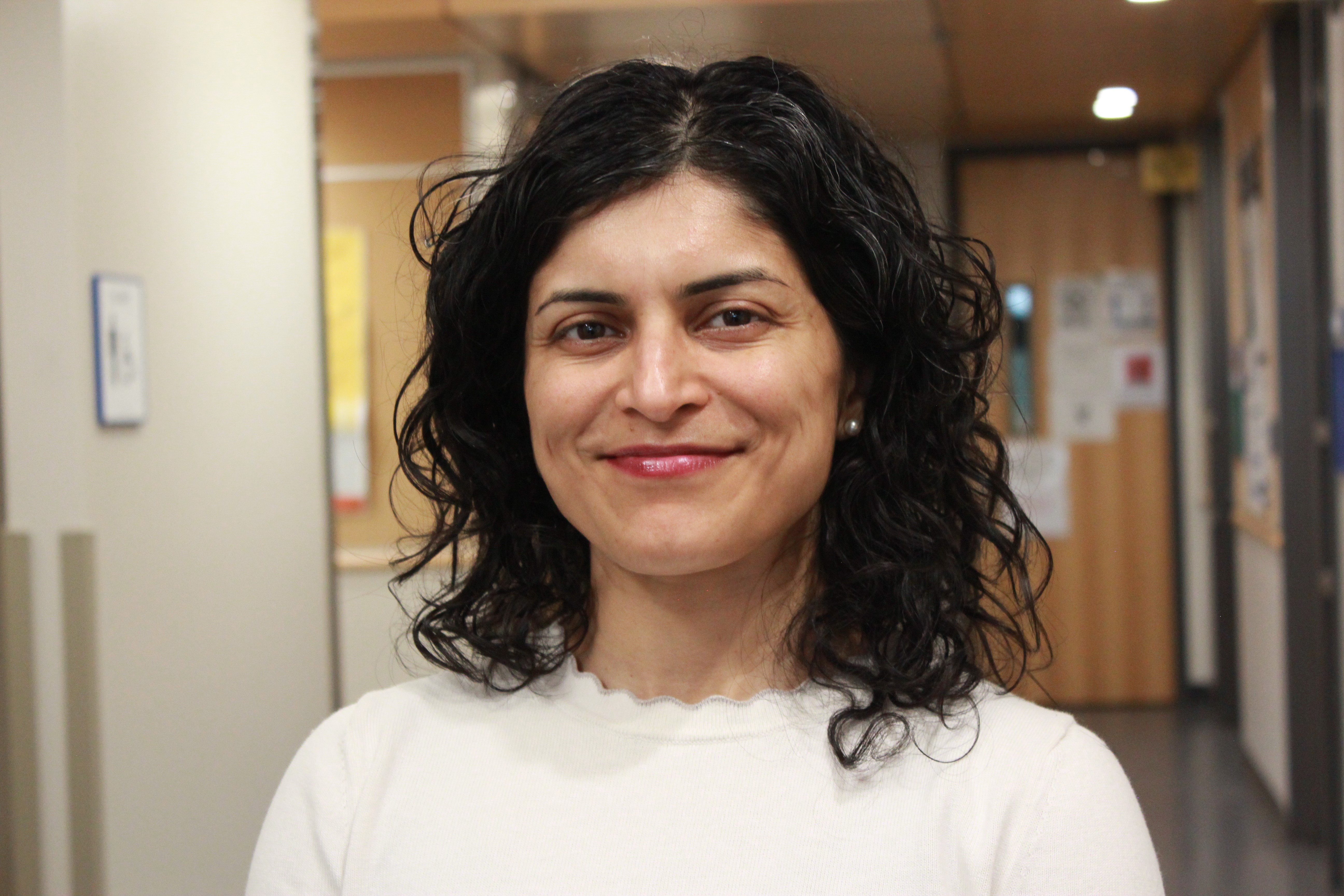
Shilpa Dogra
PhD
Professor of Kinesiology and Director of the Active Living and Longevity (ALL) Laboratory
Founding Chair, Age-Friendly University Initiative at Ontario Tech University
Kinesiology
Faculty of Health Sciences
Contact information
Science Building
- Room B345
North Oshawa
2000 Simcoe Street North
Oshawa, ON L1G 0C5
905.721.8668 ext. 6240
Research topics
- aging
- age-friendly
- healthy cities
- active transportation
- e-bikes
- sedentary behaviour
- human physiology
- biomarkers
Research and expertise
-
Background and interests
Dr. Dogra is a Professor of Kinesiology and Director of the Active Living and Longevity (ALL) Laboratory in the Faculty of Health Sciences. Her research is funded by each of the tri-council agencies (SSHRC, CIHR, and NSERC), and employs multiple methodological approaches applicable to community-based research, laboratory-based research, and secondary database analysis. She is part of the Public, Active, Clean, and Equitable (PACE) Mobility group, and Chair for the Committee for an Age-Friendly University.
-
Publications
For a comprehensive list of publications, visit PubMed.
-
Research collaborators
-
- Danielle Bouchard, University of New Brunswick https://www.unb.ca/fredericton/kinesiology/research/cellab/aaims.html
- Jennifer Copeland, University of Lethbridge
- Denina Simmons, Faculty of Science, Ontario Tech University
- Daniel Hoornweg, Faculty of Engineering and Applied Science, Ontario Tech University
-
-
Courses taught
- Active Aging
- Exercise Physiology
- Exercise for Chronic Conditions
- Fitness Assessment and Exercise Prescription
- Human Physiology